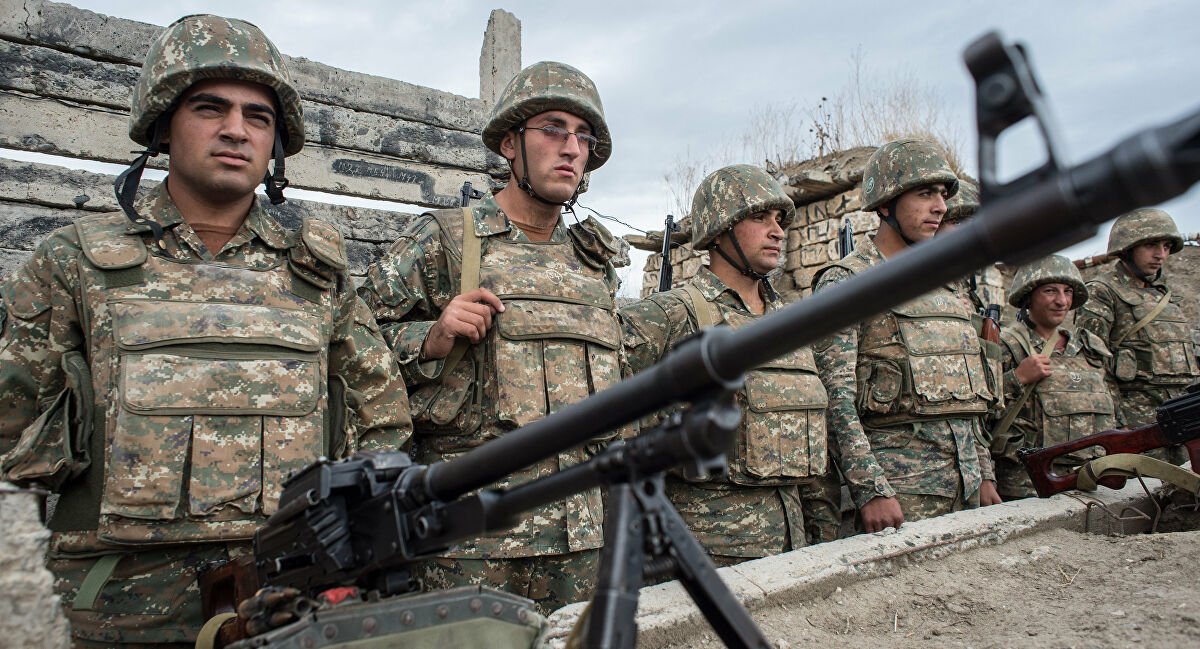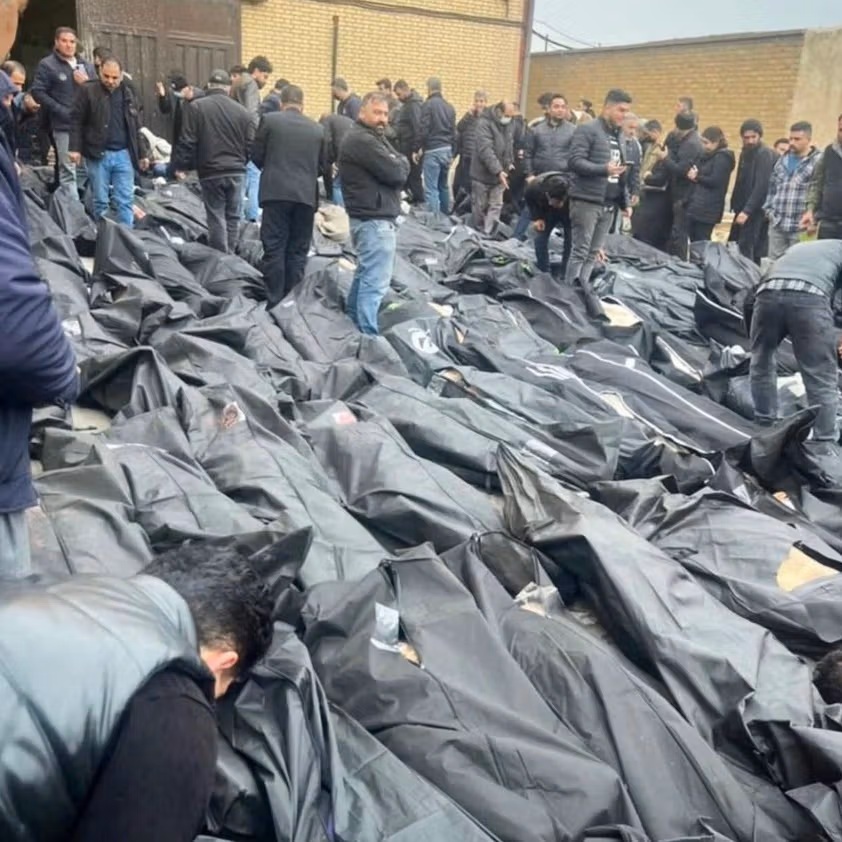
Russian President Vladimir Putin and his Turkish counterpart Recep Tayyip Erdogan called this week to discuss peace talks to end clashes between Armenia and Azerbaijan that broke out mid-July. Both Russia and Turkey are fighting proxy wars in Syria and Libya, and if the situation in the Caucasus escalates the two countries could get involved in another conflict.
By Nikola Mikovic
Yerevan and Baku keep trading accusations of ceasefire violations and shelling that broke out in mid-July. Ever since, several soldiers, including top Azeri military officers, were killed. According to reports, there are civilian casualties on both sides. Azerbaijani Ministry of Defense confirmed that Major General Polad Hashimov, Colonel Ilgar Mirzayev, as well as two Majors were killed in action, adding that “exchange of fire is more intensive than ever”.
On the other hand, Armenian Prime Minister Nikol Pashinyan held a meeting with the leadership of the Ministry of Defense and the Armed Forces, while in Liberty Square in Baku angry Azeri reportedly came out chanting "End the quarantine, start the war".
The very fact that the two sides used Grad rocket launchers is a sign that the situation could easily escalate. Also, Gazprom Armenia, a subsidiary of Russia’s Gazprom, has reported that its gas pipelines have been damaged near the border with Azerbaijan
Russia’s geopolitical orbit
Since the region is still in Russia’s geopolitical orbit, Russian Foreign Minister Sergey Lavrov had separate calls with his counterparts in Armenia and Azerbaijan to urge an immediate ceasefire. Russian President Vladimir Putin's spokesman, Dmitry Peskov, said that Moscow was "deeply worried" about the fighting and stood ready to play mediator.
In the past, Russia already mediated the ceasefire talks, as it is interested in maintaining the status quo. For years, the Kremlin officials have been claiming they have strategic partnership with both Armenia and Azerbaijan, although the two countries have very tense relations due to the ongoing conflict in Nagorno-Karabakh - also known as Artsakh - a region of Azerbaijan that has been under the control of ethnic Armenian forces backed by Armenia since a war there ended in 1994.
Even though Armenia is part of the Russia-dominated Collective Security Treaty Organization, which should make Yerevan Moscow's ally, on the ground Russia is supplying weapons to both, Armenia and its major opponent - Azerbaijan.
In 2017, Russia reportedly delivered a new batch of anti-tank missiles to Azerbaijan as a part of a lucrative arms deal with Baku that has been strongly criticized by Armenia. However, Russian Prime Minister Dmitry Medvedev rejected the ensuing criticism, saying that “providing weapons to both sides creates a military balance in the conflict.”
Enemies and allies
Unlike, Russia, Turkey is openly supporting its ally in this conflict. Turkish Foreign Minister Mevlut Cavusoglu, in a televised interview, called on Armenia to "pull its head together," saying that Turkey stands with Azerbaijan "with all it has." This does not necessarily mean Ankara will directly intervene in this conflict, as that could spoil its deals with Moscow regarding the situation in Syria and Libya.
Russia and Turkey, enemies and allies at the same time, are currently trying to make a compromise over the control of the oil-rich Sirte province in Libya, which is held by Russia-backed Libyan National Army. Ankara firmly insists that Sirte – which is the route that one has to control to dominate the ports of Sidra, Ras Lanuf, Marsa al-Brega and Zuwetina, where 11 oil pipelines and three gas conduits reach the Mediterranean coast – should belong to its proxies, Government of National Accord. There are indications that Turkey could use the conflict in the Caucasus as a method of pressure against the Kremlin in an attempt to establish a better negotiating position vis-à-vis Libyan civil war.
It is worth noting that Armenia and Azerbaijan have been locked in conflict over Nagorno-Karabakh, where volunteers are reportedly recruited to be sent to the battle zone. The border clashes, however, did not take part in the disputed region, but some 60 miles north. Still, if Moscow does not manage to ease the tensions, Nagorno-Karabakh could easily become another hot spot in this decades old conflict.
The current battles appear to mark the most serious spike in hostilities since 2016 when many were killed in four days of fighting. However, if history is any guide, after a certain period of escalation, a gradual reduction of hostilities can be expected, although the disputed territory will likely remain stuck in a low-scale positional warfare until major foreign powers reach a deal regarding the future of the turbulent region.
Nikola Mikovic is a Serbian journalist and a senior Geopolitical Analyst.







Keep them lying thieving terrorist sicko Turks out of it.